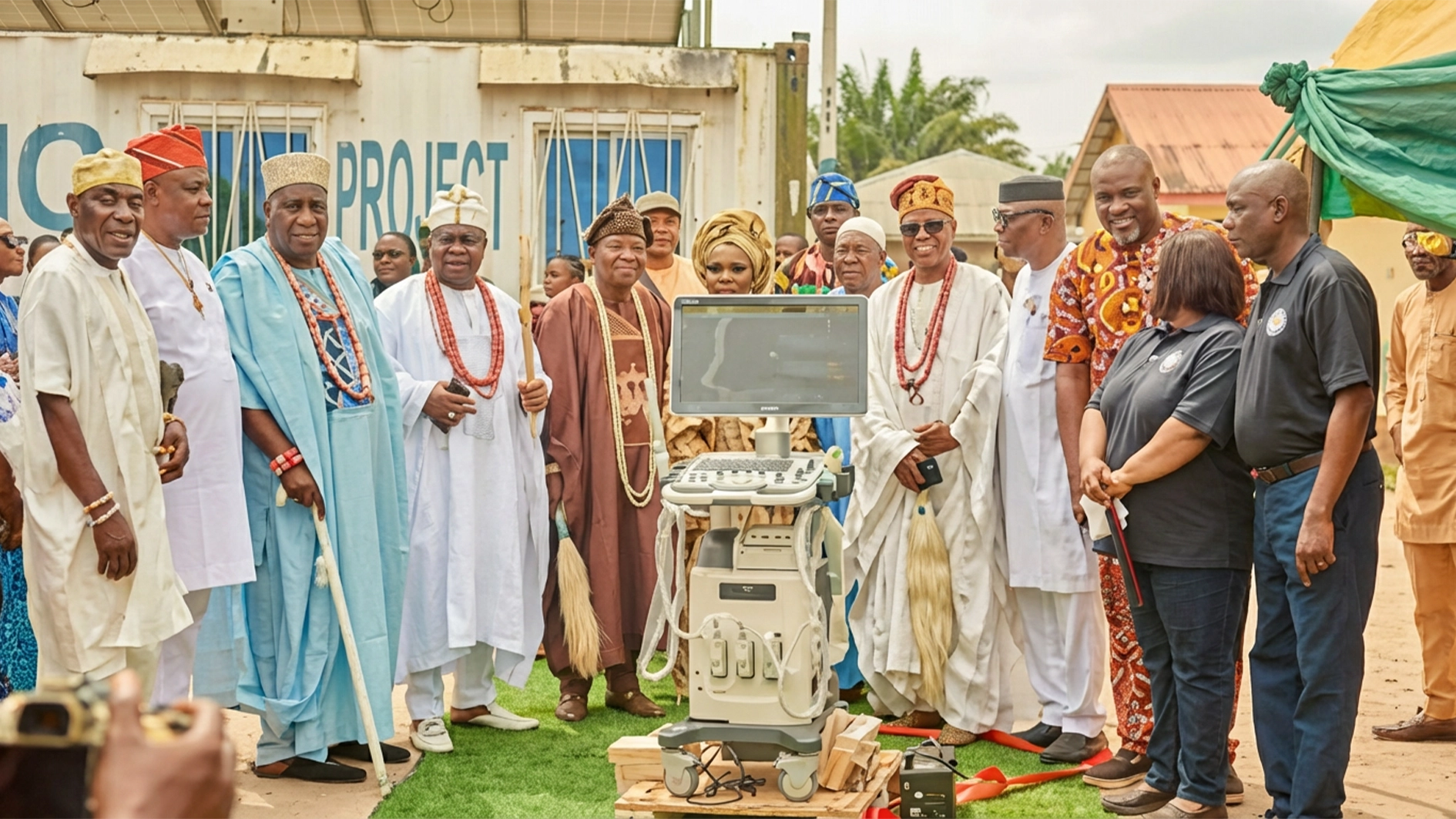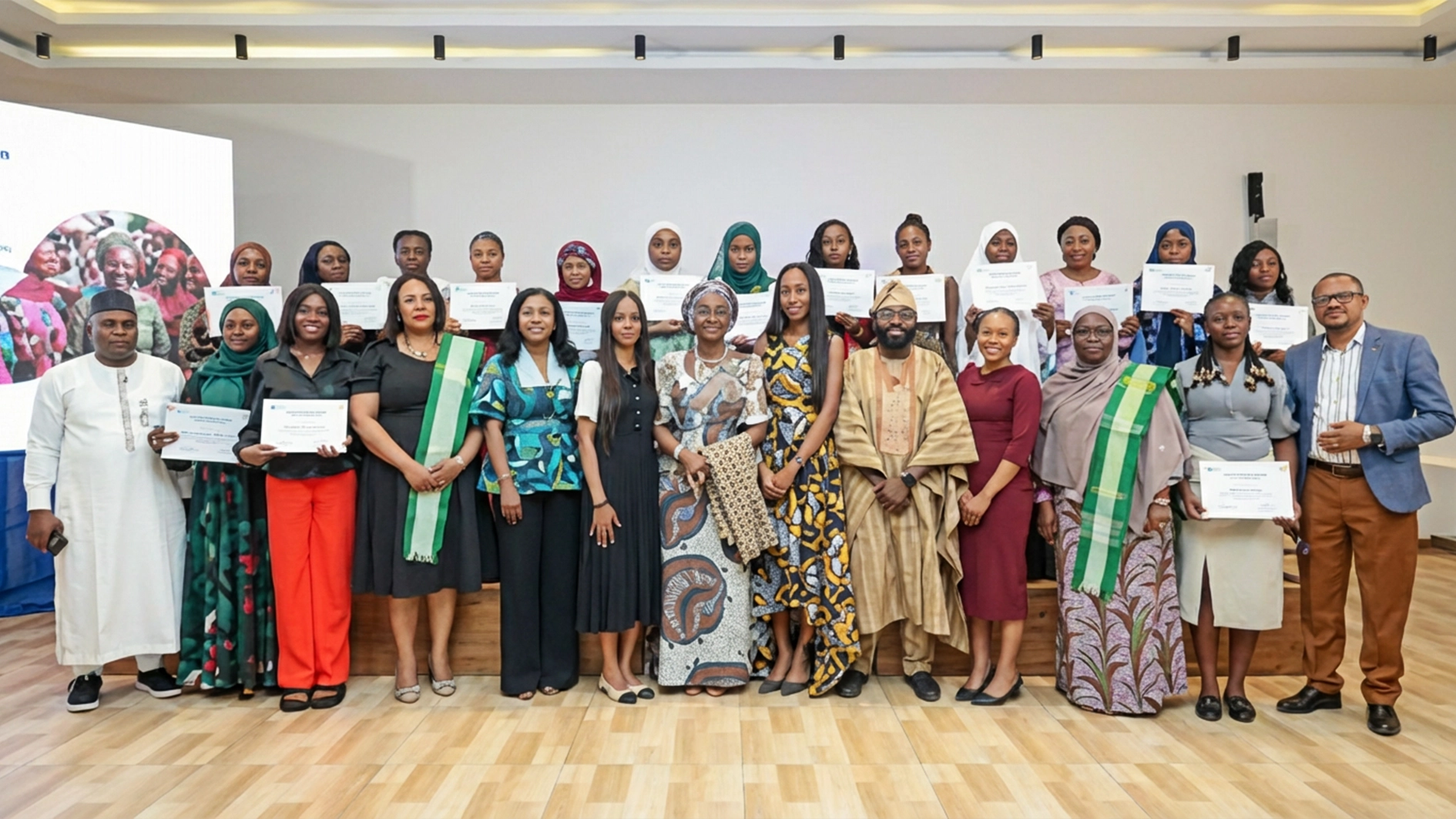Housing is regarded as a significant economic asset because it plays an important role in most societies’ socio-cultural, but more importantly, economic status. Without mincing words, the provision of decent housing should be the hallmark of every civilized society and one of the criteria for measuring development. Unfortunately, despite the policies, institutions, and regulations put in place by various administrations since independence, the availability of decent and affordable housing in Nigeria remains one of the most difficult challenges the country faces.
It has become increasingly clear that there is still a dearth of housing in Africa’s most populous country. However, stakeholders, particularly real estate firms, have continued to play an important role in the construction of state-of-the-art buildings for both commercial and residential purposes. Through mortgage plans and other forms of subscription, these organizations have continued to make home ownership affordable for Nigerians, while also making a significant impact on Nigeria’s economic growth.
In this special report, The Guardian beams its spotlight on top players in the real estate industry whose innovativeness and excellence in the delivery of quality housing sets them apart. They include ATCO Homes, DreamCity Group and Ridgewell Construction Company Limited.
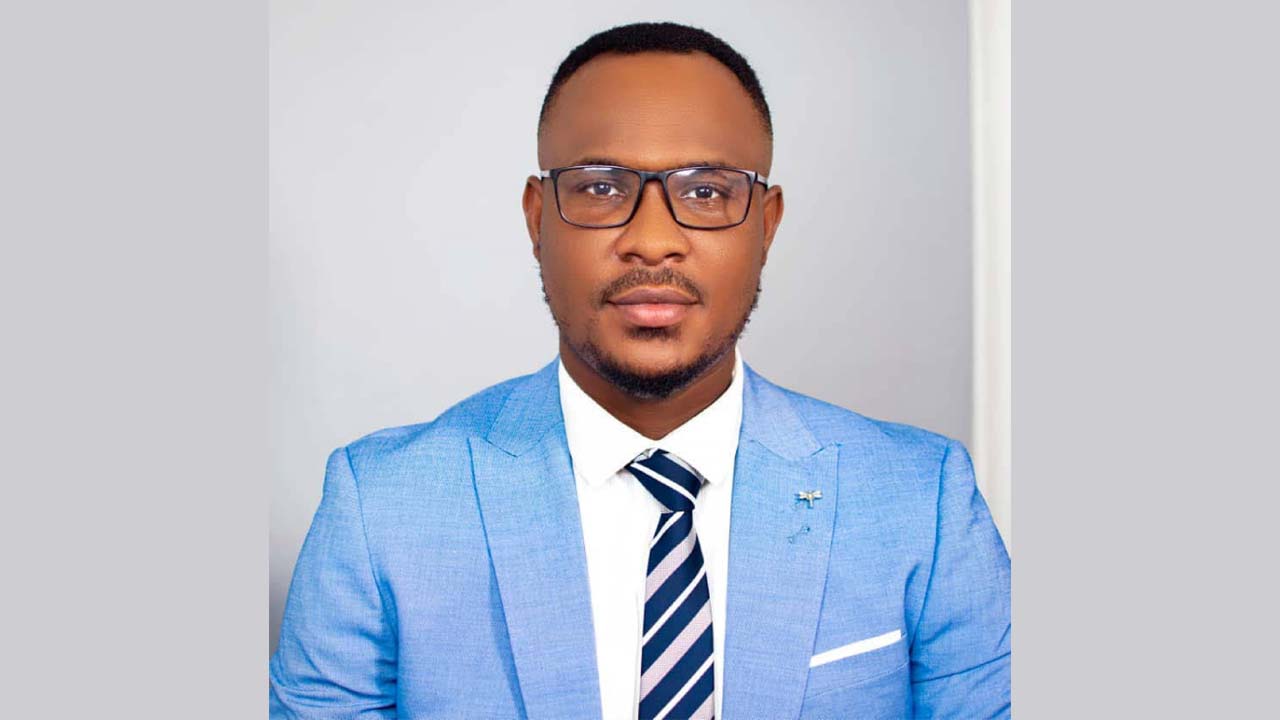
We Prioritize Affordable Housing, Rewarding Investment Opportunities – Bartholomew Egbochie, CEO, ATCO Homes
As the global economy takes a hit, the local currency depreciates, and while the stock market continues its volatile run, liquidity issues plague the forex market indefinitely. Making sound investment decisions has become even more difficult. We recognized the difficulties as a company. Intentionally, we continue to focus on providing a rich source of hope for the strong local population, that is, everyone across all socioeconomic segments, by offering diversified real estate investment portfolios that can yield a substantial return in the long run.
Furthermore, providing economic opportunities for the growing local population as well as prospective foreign investors in high-growth locations is a mission for us that we are achieving. Finally, our vision is to reverse the unjust and unrealistic pricing of housing in Nigeria by providing affordable premium homes and lands.
ATCO Homes, a Nigerian real estate development company, continues to push the boundaries of affordable housing in prime locations throughout Lagos State, even as we democratize investment in our industry. Investment in our real estate portfolios provides financial security, long-term wealth appreciation, stability during economic downturns, and comfort for anyone who values ownership of their living space.
We have 13 gated estates in Lekki, as well as the thriving Lekki-Epe axis of Lagos State, which is surrounded by nature and valuable private and public infrastructures such as beaches, jetties, and the Dangote refinery. The value of real estate products in that region is expected to skyrocket, with positive yields for anyone willing to invest now as a hedge against inflation. It is also a source of comfort for anyone looking to buy a home in a serene, relaxed, and thriving environment, which these areas are rapidly becoming.
We have a broader strategic view of the investment landscape. As a result, our offerings are ingeniously designed, tailored, and diverse real estate products that cater to a wide range of investment and ownership goals. Given the growth prospects of the real estate product locations, these strategic investment portfolios offer impressive value for astute investors, and we welcome inquiries from interested investors and potential homeowners. Meanwhile, our humane approach to business is what distinguishes us in our industry. We prioritize our client’s happiness. We believe that businesses should provide hope and joy to their host communities, similar to being the light or a moral lift in difficult socioeconomic situations. As a result, we’ve been able to create workable, all-inclusive payment plans for our clients. Clients can select from a variety of payment plans that do not tie their necks.
In addition, we have an instalment plan that provides clients with a Toyota Corolla automobile. Most of the time, clients will use the cars for commercial purposes or as taxis through any of the innovative mobility apps to earn daily returns that will allow them to pay off their property faster.
Our customer satisfaction rate is higher than the industry average. As the CEO of ATCO Homes, I keep track of our clients. I pick up the phone and call them at random intervals to see how they are feeling about the product they purchased. This post-purchase engagement generates waves of positive market reaction, which reinforces our product’s reputation.
Our clients can be confident that their investments in our portfolios are secure, and we never make promises we cannot keep. More specifically, providing excellent real estate products versus providing an outstanding customer experience.
We have also been able to initiate and support a number of Corporate Social Responsibility (CSR) initiatives. These social investment efforts are cross-cutting. For example, in the year 2021, we provided a platform called the ATCO Champions Cup for young talented soccer players in the U-13 and U-17 age groups to showcase their talents on a larger scale in order to sharpen their skills and gain exposure to local scouts.
Among other things, at the recent International Women’s Day (IWD) commemorative event, we collaborated with Pan Atlantic University’s Enterprise Development Centre (EDC) to expand women’s socioeconomic roles. Our economic contributions are intended to assist the Federal Government in achieving its economic development agenda, which includes providing affordable housing for citizens, creating valuable jobs for the growing population, enhancing women’s socioeconomic roles, and nurturing talented young people for global exploits.
To top it all off, the real estate sector’s growth forecast remains strong. Since the economy reopened in 2021, following the global squeeze caused by the pandemic, the sector has maintained a strong performance.
The geometric growth rate of the sector is impressive. According to data from the Nigerian Bureau of Statistics (NBS) in 2021, the sector contributed 7.5% of the total GDP. This rising contribution brings the sector closer to the levels attained in the United States and China, where the real estate sectors contribute 14% and 13% of GDP, respectively. The sector’s performance is not unrelated to the market’s demographic advantage. The country has a young population, with many of them entering the labour force soon. Of course, they would require a place to live and work as they separated from their parents for the first time in their lives.
Furthermore, some investors are quickly realizing that investing in commercial real estate or purchasing land can serve as a hedge against the troubling inflationary trend. Nigeria’s inflation rate had risen to 19.64% as of July 2022.
When the price of goods rises, so do the yields on land and property. As a result, if you invest your cash or deposit now in acquiring a land or housing unit and consumer price inflation maintains a 1.6% monthly rise on the curve, the price of your land or housing unit will have risen by 11.2% in 7 months – and rental prices are expected to follow a similar upward path on the graph.
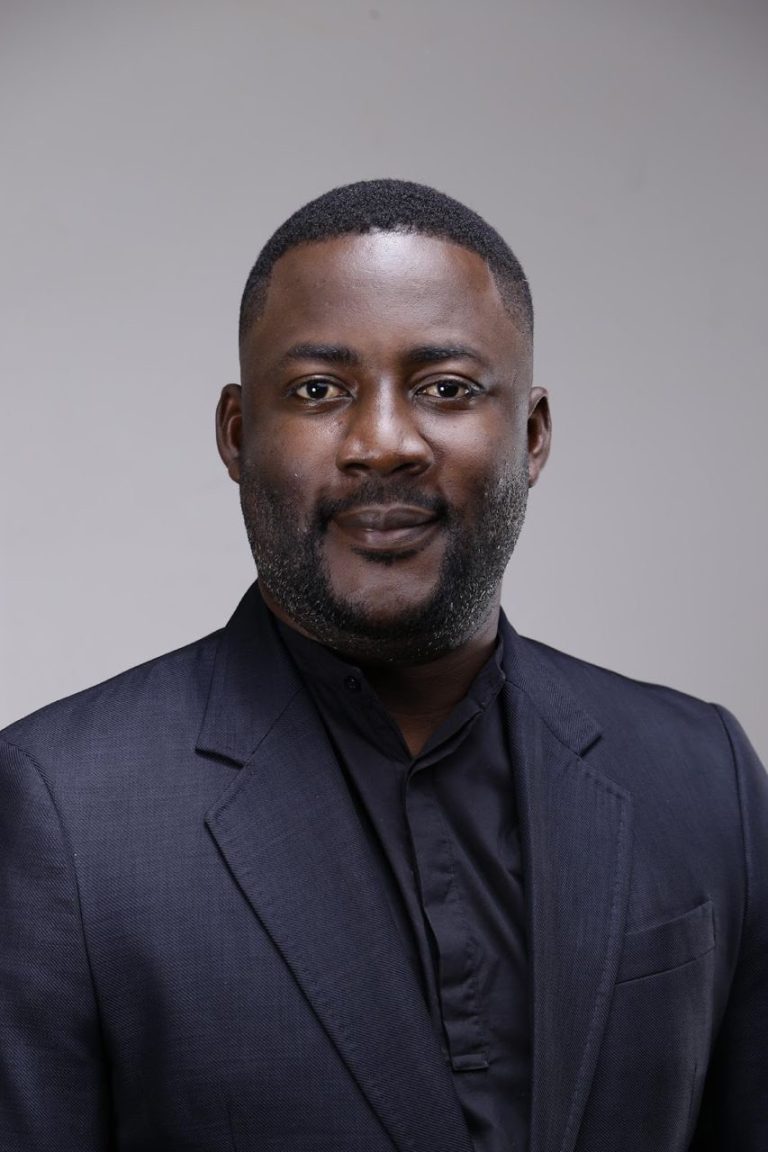
RIDGEWELL CONSTRUCTION: Building Africa One Project at a Time
Ridgewell Construction Company (Nigeria) Limited is one of Nigeria’s most dynamic and rapidly growing construction firms. The company has delivered high-quality integrated and eco-friendly construction solutions, driven by the vision of becoming Africa’s leading construction and development company. Today, the company’s success and reputation are built on delivering consistent quality, speed, efficiency, and overall client satisfaction. The CEO, Babatunde Surakat, discusses how the company is driving growth in Nigeria’s real estate sector.
What segment of the market are your targets and what is your value proposition?
Ridgewell Construction provides solutions, and we are fortunate to have residential and commercial property design and construction as our primary focus in Nigeria. We also provide top-notch facility management services at all our completed projects through our sister company, Cresswell FMC Limited. Our sincerity, dependability, and consistency in delivering quality building solutions to the Nigerian marketplace add value to the industry.
The value proposition of our company is to build Africa one project at a time. At Ridgewell, we strive to exceed our customers’ expectations rather than simply satisfy them. We adhere to the highest industry standards and are fully committed to providing our customers with complete value for their money. Our objective is to continually and consistently provide excellent services, products, quality and solutions.
What strategies have you adopted over the years that have helped in expanding your portfolio at Ridgewell Construction Company?
I believe that our most important commitment as a company is to our current and prospective clients. We have a well-defined and strategically curated business plan that includes principles and tactics for operational excellence. The guiding principle keeps us on track.
We actively seek valuable growth opportunities by exploring markets and forging strong connections in areas where our products are in high demand. We become more creative in our service offerings and use of technology in order to maximize returns while minimizing loss in the form of missed opportunities. We make significant investments in all of our resources, including technology, operations, and human resources. We are thinking about how we can help by improving the quality of life in Nigeria. My daughter taught me something she learnt at school: She said, ‘always start with the end in mind’. The end in our minds is Nigeria where we no longer worry about building collapses, where families feel safe and comfortable in their homes. We have been able to carve a niche in the development of residential and commercial properties over the years which is built on the consistent delivery of quality projects in a timely manner which also brought opportunities to our investors (Land Owners and the banks) to do more with us.
Importantly, our people are one of our most valuable assets; we think outside the box when it comes to recruiting to ensure we attract people with the right mindset and a desire to advance. We also make an effort to foster a positive work environment that allows our employees to grow and thrive.
What are your Plans to Build for Nigerian Communities Abroad?
To be honest, my immediate and medium-term goals are more focused on Nigeria. I am deeply committed to making a difference right now. If when they visit Nigeria we have purposely built holiday homes and beach houses for their relaxation and vacations. Our homes are built to the highest standards and are designed to accommodate a modern way of life.
Are you under any sort of pressure to get above the competition, considering that new property development companies keep emerging every day?
To begin with, I believe it’s a world of opportunities, which means opportunities are endless and can always be tapped into once the right strategies are implemented, so it’s a big enough sky but a self-eliminating one. I say self-eliminating because, in order to remain relevant and valuable in the sector, you must constantly improve your products and services and meet the needs of customers in real-time, or demand for your developments will fall.
What are the major challenges currently faced in the industry and what would you suggest as the way forward?
There are several of them. The current and most significant is the economic crisis, which is affecting all sectors, not just real estate development. The crisis has a knock-on effect on demand for premium real estate, which is where we have been able to carve a niche. We also face infrastructure constraints; a lack of basic amenities certainly impedes development. There’s a capital market risk due to volatility and how quickly debt and equity capital liquidity can stop flowing when risk and returns are difficult to measure.
Secondly, there is an ongoing large emigration wave in Nigeria, which will cause a brain drain in the society, reduce the pool of qualified and skilled employees, and destabilize the supply and demand ratio.
Way Forward; The government can do much more on all fronts, including infrastructure development, transparency and ease of doing business, policies and regulation, and, most importantly, more awareness and transparency on the sources of funding and procedures for obtaining foreign loans to support the sector.
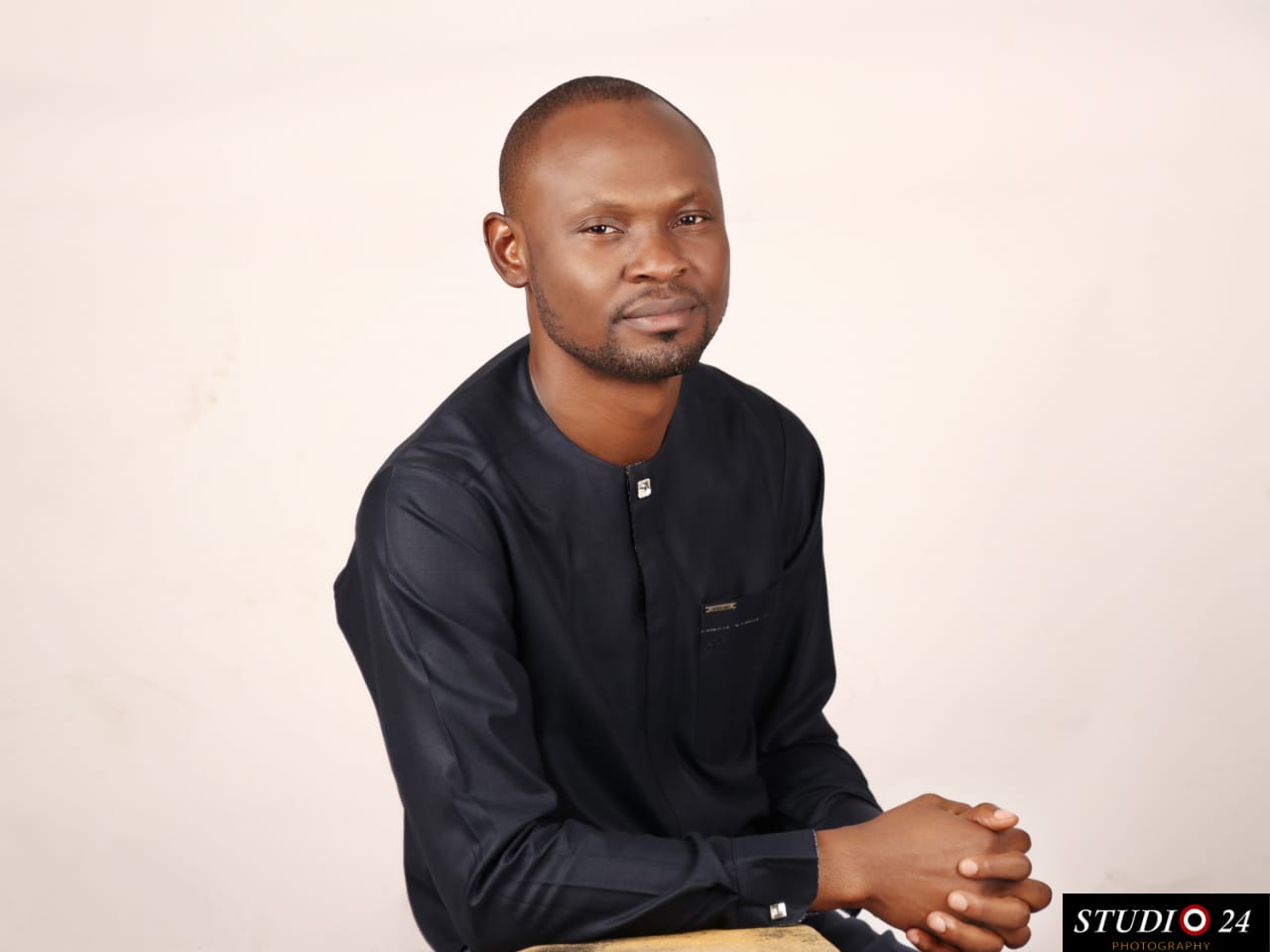
DREAMCITY GROUP: Redefining Real Estate Development In Nigeria
DreamCity Properties, a subsidiary of the DreamCity Group, has raised the bar in the Nigerian real estate industry, having built over 1,732 homes since its inception, with a development portfolio of 3,600 housing units currently in various stages of completion. These include commercial developments such as serviced hotel apartments, boutique hotels and commercial complexes in major Nigerian cities which includes Benin, Warri, Abuja, Port Harcourt and Ikoyi, Lagos. Likewise, the company has made an impact on the residential end with projects that guarantees durability and very low maintenance cost. Engr. Benjamin Akhamere, CEO of DreamCity Group, discusses the innovative strategies that have aided the company in the timely delivery of quality housing projects in the country in this interview. Excerpts.
What informed the establishment of the DreamCity Group as a player in the real estate sector?
I have always wanted to be an entrepreneur; my thoughts have always revolved around creating jobs and creating a company with a legacy that extends beyond the borders of Africa and my generation. I have always known what I wanted my future to look like, but the challenge was figuring out where to begin; with no mentor and coming from a civil service background, I had to learn through painful mistakes.
After applying my intelligence to a number of businesses, the frustration of not achieving the desired results, combined with a lack of funds, got me depressed. I had to withdraw from all activities for about six months in order to concentrate on the research and self-discovery required to re-invent myself.
DreamCity Property and Investment Limited was founded in 2010, so DreamCity Group is a summary of my calling (as it relates to me as an entrepreneur); my goal is to achieve my entrepreneurship calling through a select few business sectors to that I will devote all of my focus and mental energy to.
“There will always be more good ideas than there is execution capacity.” Having this in mind, my daily focus as Managing Director is to ensure that my team directs the majority of our actions and activities toward the few ideas we have decided to pursue. One of those few ideas is the real estate sector. At the appointed time, we will gradually implement our business plan as it relates to these select few ideas that DreamCity Group represents.
What segment of the market are your targets and what is your value proposition?
At DreamCity Group, we are committed to providing our clients with high-quality, long-term real estate assets in prime locations.
The year 2020 redefined our business model and our company’s future strategy; DreamCity intends to prioritize investments that align with our mission statement in the future. The continuous depreciation of our currency and the resulting pressure on the economy have created a great surge in investment opportunities; Nigerians are eagerly looking for investments that will help them manage the impact of depreciation.
We strive to offer dependable investment opportunities with high returns. Our most recent projects are designed to provide a combined annual ROI of 15%-20%.
What strategies have you adopted over the years that have helped in expanding your portfolio at the DreamCity Group?
For the purposes of this interview, I would only mention a few: a thirst for knowledge, the ability to maintain relationships that can lead to future referrals, and a clear sense of vision and direction, bolstered by consistency and discipline.
Furthermore, we constantly review our business expansion plans in order to refresh our minds and make necessary changes. Measuring your goals allows you to see where you are in relation to time, and staying consistent allows you to keep doing the things you need to do even if you are not achieving the level of success you desire.
Finally, ongoing training has been critical to our organization’s growth. Entrepreneurship is a difficult path to take, and once started, you must develop the stamina to persevere, especially in a country like Nigeria, where you are almost entirely on your own.
Are you under any sort of pressure to get above competitions, considering that new property development companies keep emerging every day?
At DreamCity Group, we have a clear sense of what we should be doing at any given time in accordance with our pre-planned business focus, growth, and implementation strategy. As a result, we cannot compete with other companies; instead, we are only under pressure to implement and achieve our company goals amidst the ever-present challenges that come with being an African entrepreneur. Of course, there are a few admirable companies in our industry with whom we interact, learn, and share ideas while maintaining our brand identity.
What are the major challenges currently faced in the industry and what would you suggest as the way forward?
As we all know, many talented people are leaving the country (what we call the JAPA syndrome)… Because of the severe brain drain, we have fewer good hands to work with; our education system has made it difficult to find individuals with critical thinking capacity over time. We have sunk into a long-term problem as a nation, knowing that our universities annually graduate thousands of educated illiterates. Innocent youths who have been trained by our education system with out-of-date textbooks and theories are trained to memorize everything, take orders like robots, and not think or ask questions.
As a result, companies conduct a lot of recurrent employment interviews and still struggle to find good hands; the majority of our youth appears to be very difficult to train because the system has killed their desire to learn. Without competent employees, how can an entrepreneur or company survive? Without a properly educated young population, how can our country compete favourably with the rest of the world?
As of today, the real estate sector is severely lacking in qualified engineers, resulting in a never-ending stream of reports of collapsed buildings. We have engineers on paper with no practical knowledge; the majority of our skyline is built by foreign engineers.
Among all the challenges we face, the decreasing purchasing and earning power of Nigerians caused by inflation appears to be the most dangerous to our nation’s future.
Our university curriculum must be revised immediately to meet the practical needs of businesses. I don’t see why a student should have 12 courses per semester when most of them will never have direct relevance to their productivity; why not update the courses based on their relevance and reduce them to just 4, reduce lecture time to 8-12 pm, and spend the remaining time on internships with companies related to their field of study.
What are your goals for DreamCity Group in the next five years?
To survive, expand and grow beyond our current limiting factors and create a valuable relationships in the process.



